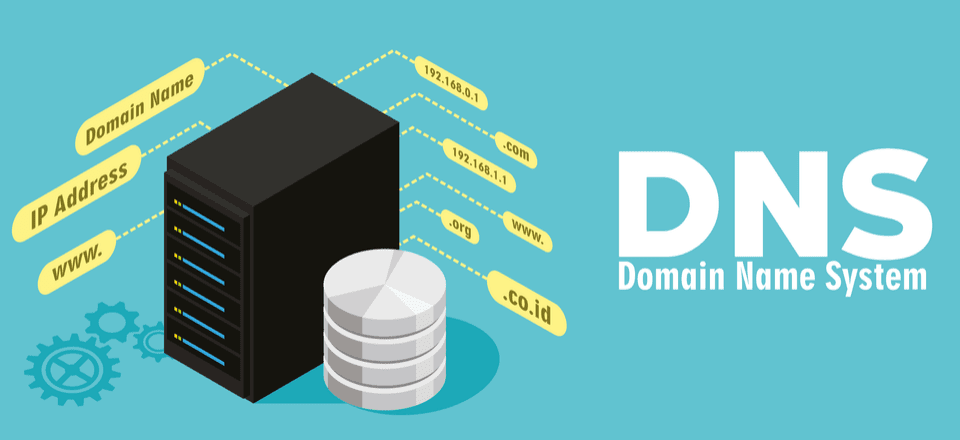In the vast expanse of the internet, where millions of websites, servers, and devices interact seamlessly, there exists a fundamental yet often overlooked technology that makes it all possible. This technology is DNS, or Domain Name System. While most internet users may never consciously interact with DNS, it plays a crucial role in every online activity we undertake. Let’s delve into what DNS is, how it works, and its significance in the digital realm.
What is DNS?
DNS, or Domain Name System, is essentially the phonebook of the internet. In the same way that we use phone numbers to connect with individuals, computers use IP addresses to locate and communicate with each other on the internet. However, remembering IP addresses for every website we visit would be impractical. This is where DNS comes in.
DNS acts as a decentralized directory that translates human-readable domain names (such as google.com or facebook.com) into machine-readable IP addresses (such as 172.217.7.174 or 157.240.16.35). This translation enables users to access websites, send emails, and perform various online activities using familiar domain names instead of cryptic IP addresses.
How Does DNS Work?
When you type a domain name into your web browser or click on a link, your device initiates a DNS lookup to find the corresponding IP address. This lookup process involves several steps:
- Local DNS Cache: Your device first checks its local DNS cache to see if it has recently accessed the requested domain. If the IP address is found in the cache, the lookup process is expedited, saving time and reducing network traffic.
- Recursive DNS Servers: If the IP address is not found in the local cache, your device queries a recursive DNS server, typically operated by your Internet Service Provider (ISP) or a third-party DNS provider like Google DNS or OpenDNS. Recursive servers have access to vast databases of domain records and are responsible for finding the IP address on behalf of your device.
- Root Servers: If the recursive server does not have the requested domain information cached, it queries the root DNS servers. These servers represent the authoritative starting point of the DNS hierarchy and maintain information about the top-level domains (TLDs), such as .com, .org, .net, etc.
- Top-Level Domain (TLD) Servers: Based on the TLD extracted from the requested domain (e.g., .com, .org), the root server directs the recursive server to the corresponding TLD server. TLD servers manage domain names within their respective top-level domains.
- Authoritative DNS Servers: The TLD server then directs the recursive server to the authoritative DNS server responsible for the specific domain name in question. The authoritative server holds the most up-to-date information about the domain’s IP address and other related records.
- DNS Response: Finally, the authoritative server sends the IP address back to the recursive server, which, in turn, returns the information to your device. Your device then uses the obtained IP address to establish a connection with the requested website or service.
Significance of DNS
DNS is a foundational component of the internet infrastructure, facilitating seamless communication and accessibility across a global network of interconnected devices. Its significance can be understood through the following aspects:
- Human-Readable Addresses: DNS simplifies the process of accessing websites and online services by allowing users to use easily memorable domain names instead of complex IP addresses.
- Load Distribution: DNS enables load distribution and fault tolerance by facilitating techniques such as load balancing and failover. By mapping multiple IP addresses to a single domain name, DNS helps distribute traffic across various servers, ensuring optimal performance and reliability.
- Content Delivery: DNS plays a crucial role in content delivery networks (CDNs) by directing users to the nearest server location based on their geographic location. This reduces latency and enhances the speed at which content is delivered to end-users.
- Security: DNS can also be leveraged for security purposes, such as blocking malicious websites (DNS filtering), implementing content filtering policies, and detecting and mitigating various types of cyber threats, including phishing attacks and malware distribution.
Conclusion
DNS is the unsung hero of the internet, quietly working behind the scenes to ensure smooth and efficient communication between devices across the globe. Its ability to translate human-readable domain names into machine-readable IP addresses is fundamental to our online experiences, enabling us to navigate the vast digital landscape with ease and convenience. As the internet continues to evolve and expand, the importance of DNS in maintaining its functionality and integrity remains unwavering.












Comments (0)